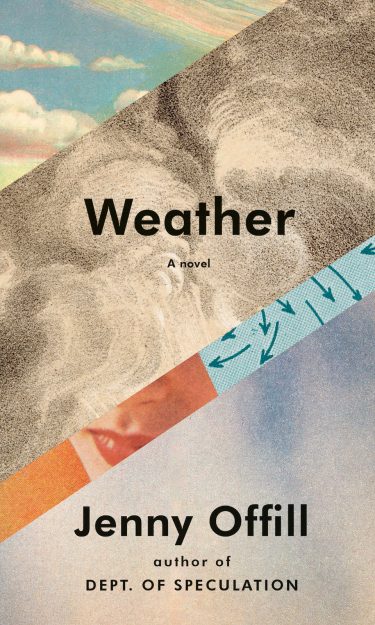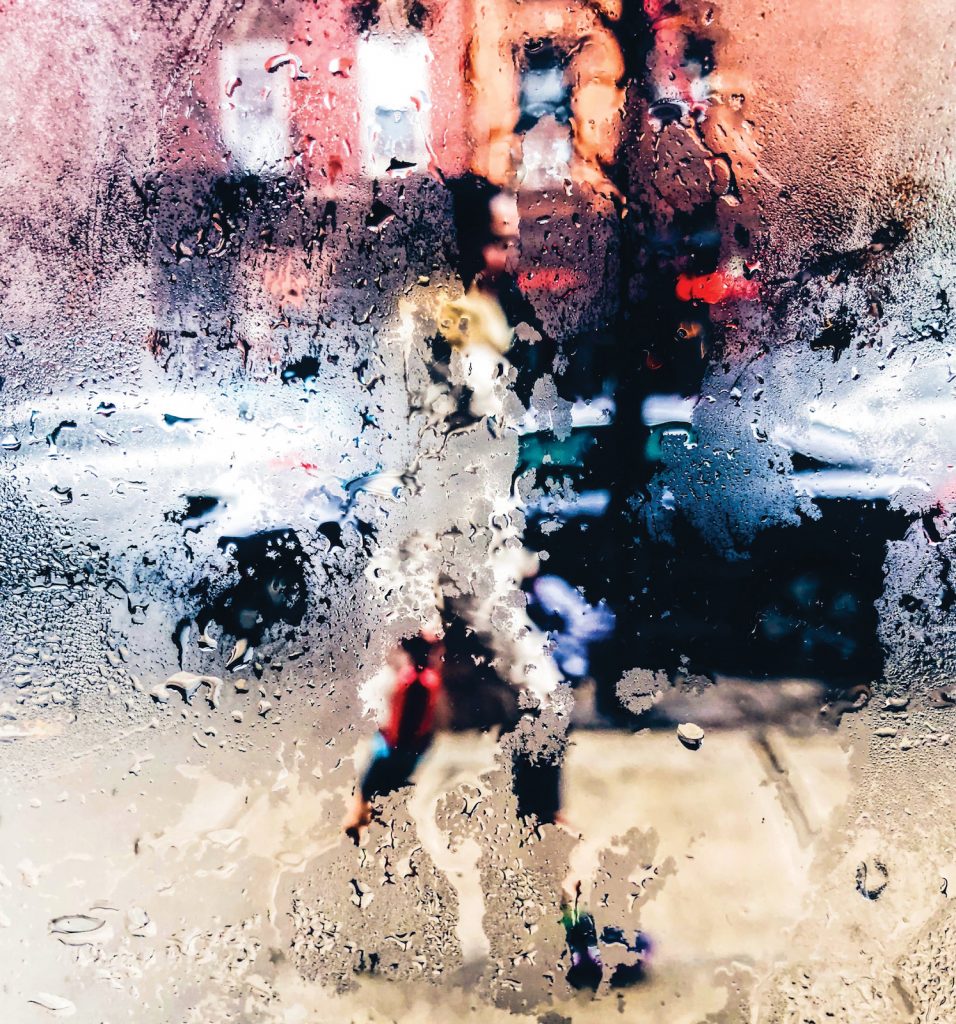All day, Ben lies on the couch reading a giant history of war. But he got it at a used-book store so it only goes up to World War I.
In the summer of 1914, there was an electric tension in the air. It would not be long until the descent into the madness of the first fully mechanized war. The British statesman Sir Edward Grey famously predicted what was to come. “The lamps are going out all over Europe; we shall not see them lit again in our lifetime.”
At bedtime, Eli and I start Prince Caspian. At the beginning, the children are pulled out of a train station and land on an uninhabited island. They wander around until they find a bit of a stone wall. Eli realizes it is the ruins of the Narnia castle before I do. Then he starts asking questions. Will he still be alive when I die? If not, what will he do?
I tell him that old dodge. That it will be a long, long time before I do. That we will all live a long, long time.
But this is not what he wants to know.
◼︎◼︎◼︎
Lately, Ben has been sending up trial balloons about other neighborhoods. But when we look up the rents they are ridiculously high. I keep worrying he will suggest New Jersey, but he never does.
He has an idea for the summer though. He wants to send Eli to camp at a historic estate where they teach kids to churn butter and herd goats. Eli does not want to go. “It’s you that wants to go,” I tell him.
◼︎◼︎◼︎
I keep wondering how we might channel all of this dread into action. One night Ben and I go to a meeting about justice at the Unitarian church down the street. Good people all around, making plans, assisting—so why do I feel so embarrassed?
Most are older than we are; they speak of how others have helped them; they give thanks for those who have reached out and call on us to think about the less fortunate.
It’s church. I remember now how it went.
“I thought you wanted community,” Ben says afterward. But not so much. Not like that. All that eye contact. “Not my tribe,” I tell him.

I miss the express bus and have to take the local home instead. Just the other day I heard one woman tell another that slowness is a form of goodness. This bus is full of old Russian people holding shopping bags between their feet. I sit across from a hot guy in a green coat who looks as if he’s trying to place me. When I was younger, I sometimes knew why a man was staring at me, but these days it’s often no more than a lapse in memory.
He has a pouch of tobacco in his pocket and a ratty backpack that looks like it’s been to war. There’s a book sticking out of it, but not far enough to read its title. Ben told me once that the Greeks had this term, epoché, meaning “I suspend judgment.” Useful for those of us prone to making common cause with strangers on buses. Sudden alliances, my brother calls them. I have to be careful. My heart is prodigal.
It’s raining. The bus is full. It’s reached that density where being seated feels like a form of guilt. I look around. I will grudgingly stand for the infirm and the pregnant and those with children. But miraculously, it is all able-bodied teenagers with earbuds. I forgot my phone, or I too would have blotted out all these humans.
The guy in the green coat keeps glancing at me. “From the library,” I tell him, and he nods slowly, respectfully, it seems. “Yes, yes, that’s it,” he says. He has a slight accent and I wonder if he comes from some distant country where librarians are held in high esteem.
We get off at Coney Island Avenue. When he stands up, I see it is a field guide to mushrooms.
Pouring now. The pigeons have all flown away. The drug dealer from 5C holds the door open for me. We shake the rain off our umbrellas.
◼︎◼︎◼︎
Sylvia has a new escape plan. She wants to buy a trailer in the darkest place in America. She lived there once years ago with an ex who was an amateur astronomer. It’s in Nevada somewhere, hours and hours from the nearest city. On a clear night, you can see the Pinwheel galaxy with the naked eye, she says. Later, I look it up and learn it is twenty-five million light-years away.
No more campaigning, no more fund-raising, no more obligatory notes of hope. Already things she worked on for years have been swept away with the stroke of a pen. All she wants now is to go somewhere quiet and dark, she says.
Withdrawal to the desert is called anachoresis in Greek.
◼︎◼︎◼︎
The meditation class is no longer crowded. I find out a lot of people left recently because of something Margot said. Someone asked her what she thought about the waves of recent allegations in the press. She said that it caused her great sadness to think of these men’s dishonorable actions. But she dismissed the language of victims and perpetrators. When she was asked about punishment, she spoke instead of reincarnation. Everyone here has done everything to everyone else, she said.
Which explains why today it’s just me and three straight guys listening to her. She is talking about how dukkha, which is usually translated as “suffering,” can have other meanings. In Tibetan Buddhism, the word is sometimes slanted differently, she says. Instead of saying that life is suffering, they might say that life is tolerable. As in just barely.
♦
From Weather: A Novel by Jenny Offill. © 2020. Reprinted with permission of Knopf.
Thank you for subscribing to Tricycle! As a nonprofit, we depend on readers like you to keep Buddhist teachings and practices widely available.
